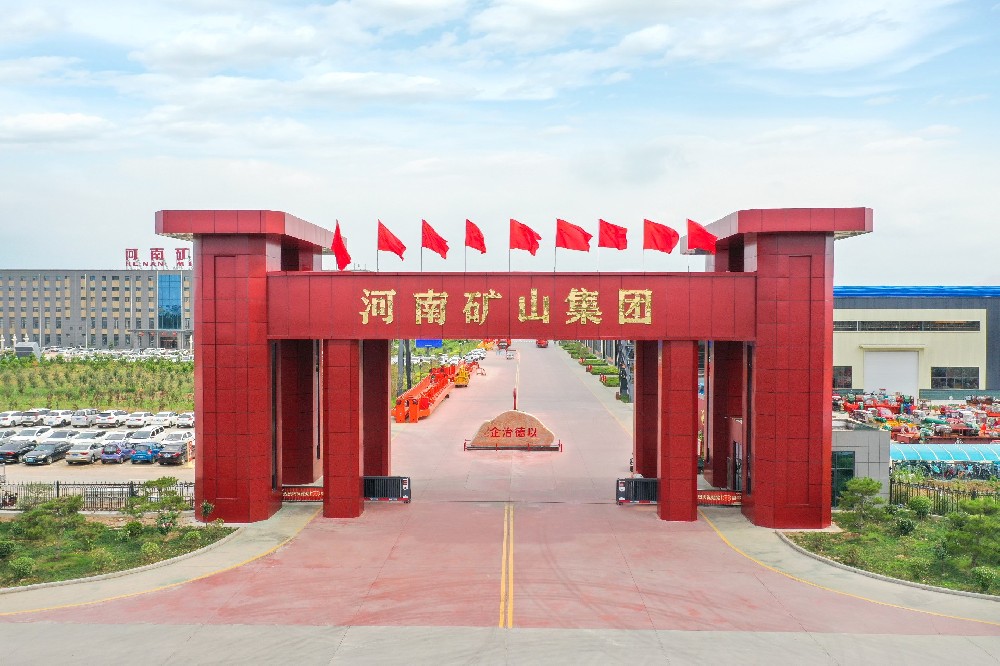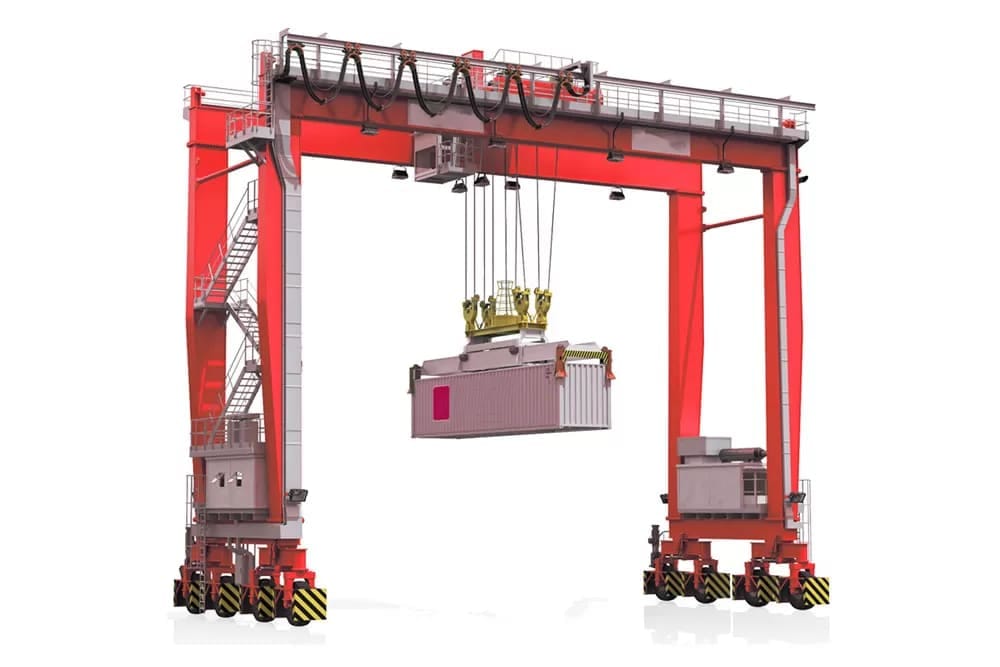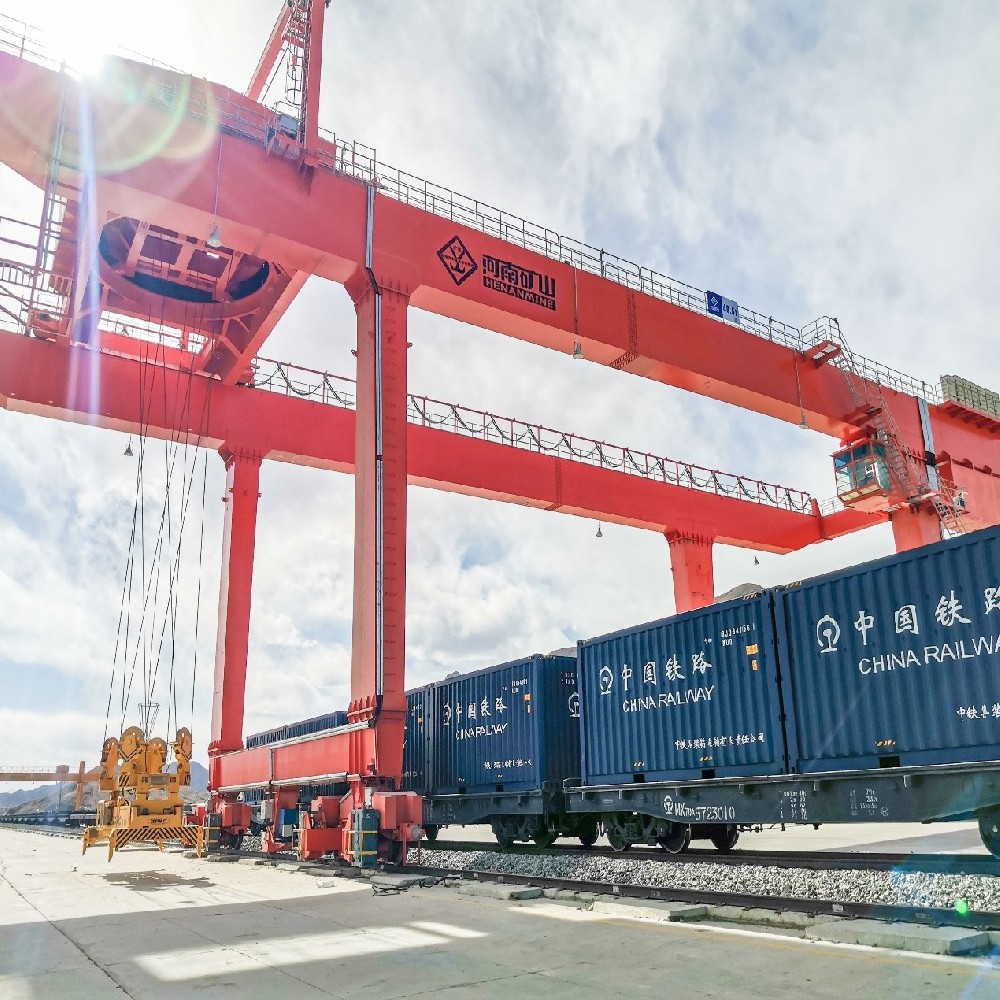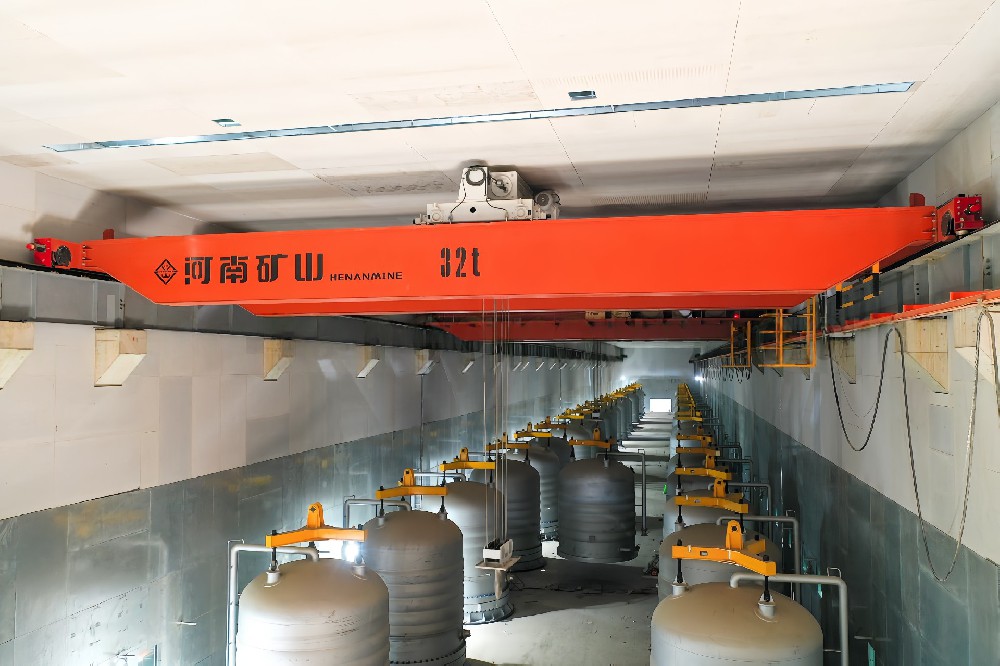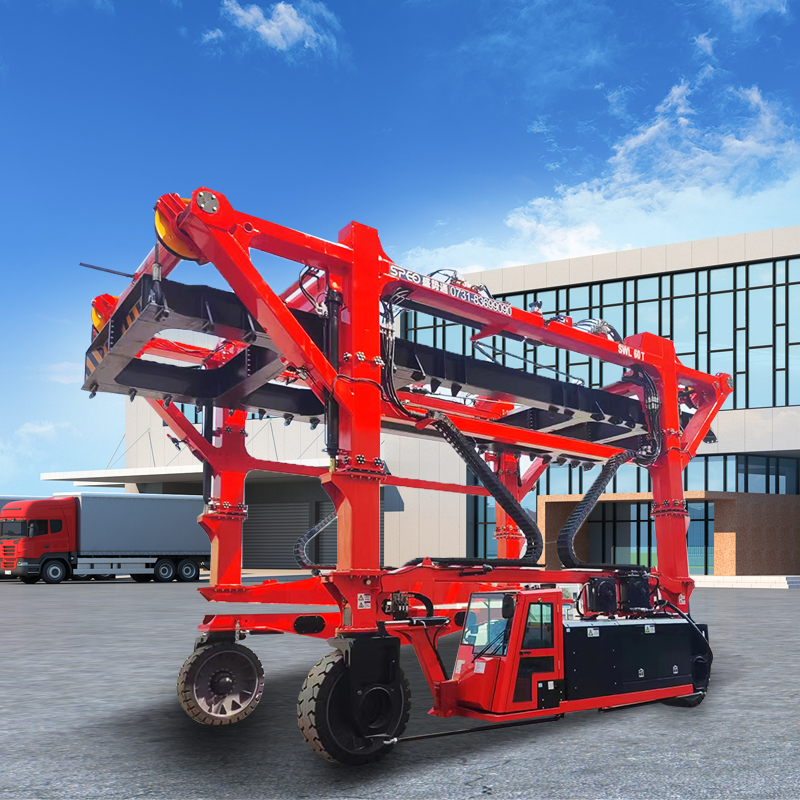- How to Choose a Crane Supplier You Can Count On? 5 Core Dimensions to Avoid Pitfalls
-
Release Time:2025-10-13 10:38:07Share:
How to Choose a Crane Supplier You Can Count On? 5 Core Dimensions to Avoid Pitfalls
In industrial production, logistics, warehousing and other fields, cranes are used to lift things. The quality and service they provide directly impact production safety, efficiency, and cost control. But the market is full of suppliers of all shapes and sizes, and businesses can easily get caught in a "low-price trap" or have problems with "after-sales service" if they're not careful. With over 20 years of experience in the industry from Henan Mine Crane, this article will help you work out how to spot a truly reliable crane supplier.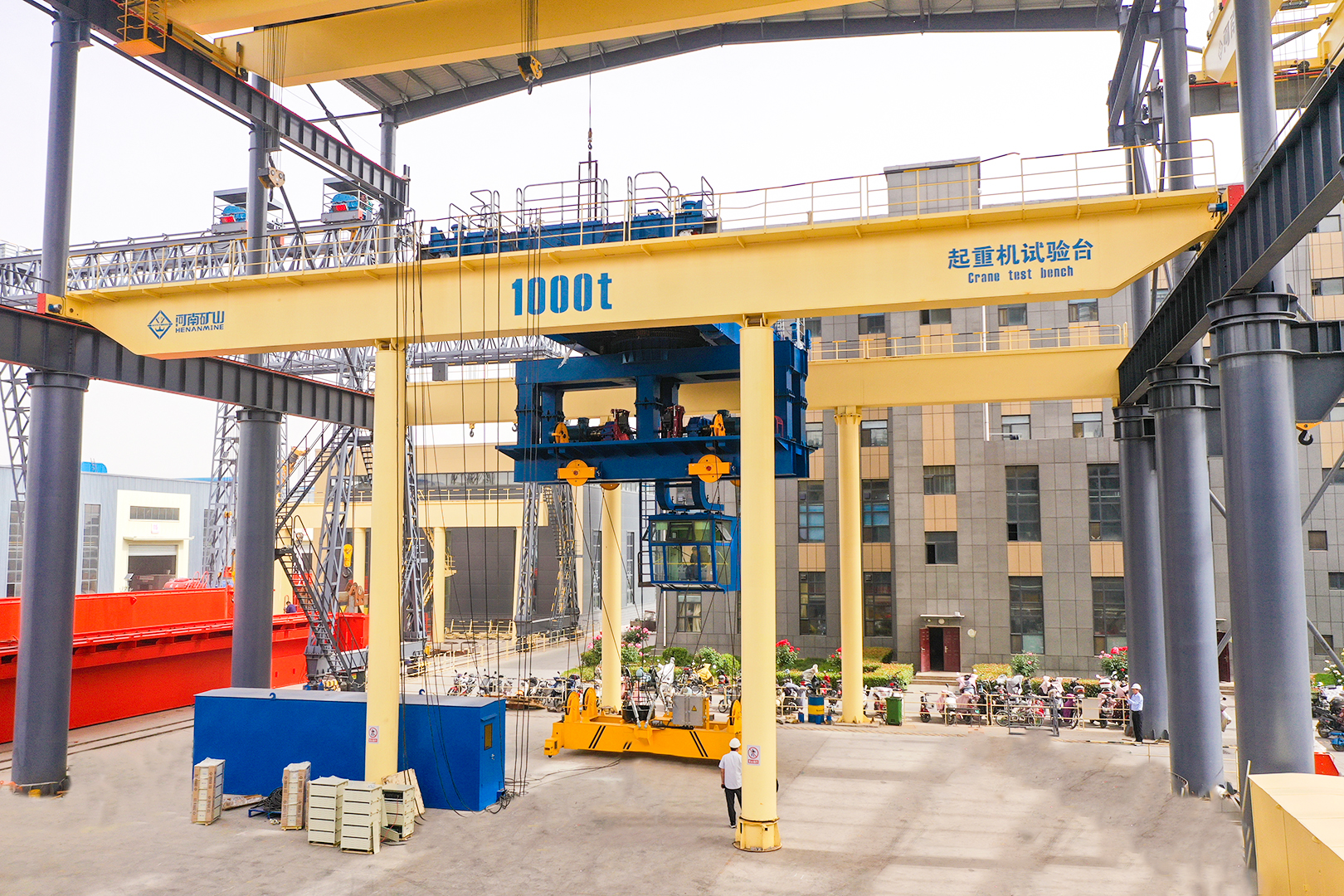
I. Verify "Hard Credentials": Steer clear of "backyard suppliers" you don't know
The first thing to do when picking a crane supplier is to check if they've got the right qualifications to make and look after special equipment. This is the key to making sure the equipment is safe and meets the right standards.
Essential Core Qualifications: You'll need to have a valid "Special Equipment Manufacturing License" and "Special Equipment Installation, Modification, and Maintenance License" (crane category), which should cover the required equipment types (e.g. bridge cranes, gantry cranes, tower cranes).
Evaluate how deep the system certification is. Make sure you prioritise suppliers that are certified in ISO9001 Quality Management System, ISO14001 Environmental Management System, and ISO45001 Occupational Health and Safety Management System. Henan Mine Crane, for example, has all three certifications, and each unit has a "Special Equipment Product Certificate of Conformity."
R&D Capability as a Backing: Make sure the supplier has its own R&D team, patented technologies (like energy-efficient cranes, intelligent remote-controlled crane patents) and that it's involved in setting industry standards. Steer clear of intermediaries that "only assemble without R&D."
II. Then you need to assess "product capability". Make sure you match quality and customisation with what's actually needed.
Different industries have very different requirements for crane parameters and performance (e.g. manufacturing needs high-precision cranes, while ports require corrosion-resistant gantry cranes). When it comes to evaluating a product, there are two main things to think about:
Quality Control in the Details:
Here's what we need to get the project going: Ask about the steel grades used for main beams and end beams (e.g. Q355B high-strength steel) and the brands of critical components (e.g. Siemens motors, ABB frequency converters) to avoid "substandard substitutions."
Testing Process: Just to let you know, we'll need to confirm pre-delivery load tests, operational stability checks and safety device verifications (e.g. limit switches, buffers). Henan Mine Crane puts every unit through a 72-hour test where it's loaded to the max, plus an extra 1.25 times the usual load.
It's really important to check if your supplier can provide custom solutions for your specific facility. If your facility has special operating conditions (e.g. high-temperature workshops, explosion-proof environments, large-span sites), for example, then you need to make sure that they can provide custom solutions. Henan Mine Crane, for example, has made a "10-ton explosion-proof bridge crane" for an automotive manufacturer and a "20-meter large-span gantry crane" for a logistics park, making sure they fit with the actual production scenarios.
III. It's really important that you take a look at the "After-Sales System". Try not to get stung by the 'easy to buy, hard to maintain' trap.
Cranes are large-scale special equipment. After you've installed it, how you look after it will affect how long it lasts (around 10-15 years, if you use it reasonably). It's also really important to have a solid after-sales system in place.
Service Coverage: Make sure the supplier has a nationwide service network that can respond quickly. Henan Mine Crane, for instance, has service stations in over 30 provinces and municipalities, so they can offer on-site service within 24 hours.
Here are some of the specific services we offer:
Installation & Commissioning: Can you tell me if the supplier offers free on-site installation, commissioning and operator training?
Maintenance & Repair: Can you tell me if the supplier provides scheduled inspection plans (e.g. quarterly inspections, annual maintenance) and if they have enough inventory of wear parts (e.g. wire ropes, pulleys)?
Emergency Response: Once we've sent through a fault report, can the supplier please sort it out within 4 hours and get here within 24 hours (not including remote areas)?
It's important to clearly define warranty periods: Most of the core components (like motors and gearboxes) are warranted for at least a year, and the whole units are warranted for at least six months. Try not to make promises that you can't keep, so make sure you write down what you're going to do and when you're going to do it.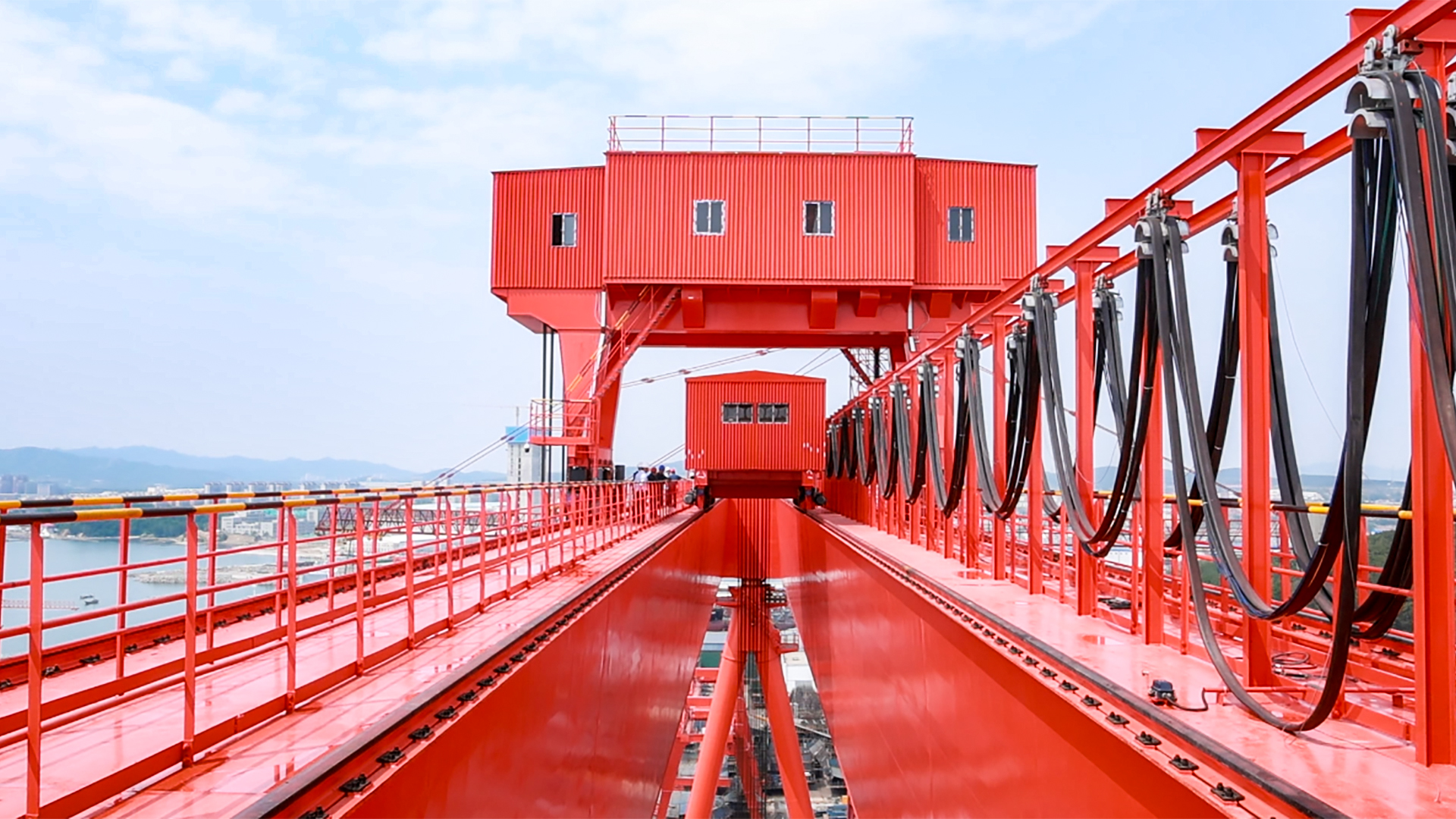
IV. Just to let you know, the reference for 'Reputation and Case Studies' is... The history of how a supplier has worked together with others is really important.
The best way to show what a supplier can do is by looking at how they have worked with others in the past and what their clients think of them.
Case Relevance: Make sure you prioritise suppliers who can show you references from other clients in the same industry. Henan Mine Crane, for example, has worked with companies like FAW and Dongfeng in the automotive manufacturing sector, as well as logistics and warehousing companies like JD.com and SF Express. They've also worked with heavy industry giants like Baosteel and Ansteel.
Client Reputation Verification: Have a look at what customers are saying on industry forums or third-party platforms (like Tianyancha and Qichacha), or ask suppliers for their contact information for existing clients to ask about practical issues like "how often equipment fails" and "how long it takes to fix things after you've bought them".
Company Size and How Long They've Been Around: Try to give priority to suppliers that have been around for over 10 years and have an annual output of more than 100 million yuan (e.g., Henan Mine Crane's annual output is over 3 billion yuan). These suppliers usually have more stable supply chains and can handle risk better. Try not to go for suppliers that are new, small or medium-sized if you want to avoid any problems working with them in future.
V. Rational Approach to "Price": Value for money is more important than low cost.
A lot of companies focus on low prices first, which often leads to equipment failure and high maintenance costs down the line. When picking suppliers, remember the following:
Steer clear of "rock-bottom price traps": If a supplier quotes you a price that's more than 20% below market average, it's probably a sign that they're trying to "cut corners" (e.g., using substandard steel grades or inferior components). If the equipment fails again, it could cause production to stop, which would lead to losses far higher than the initial savings.
So, just do the maths to work out the total cost. Don't forget to add up the cost of the equipment itself, installation, long-term maintenance, and any downtime losses. For example, Henan Mine Crane's energy-efficient cranes use 30% less electricity than standard models, which means much lower energy costs over time.
Contract Clarity: Make sure you include stuff like "equipment configuration, warranty period, after-sales responsibilities, and payment terms" in the contract so you don't end up with "verbal promises." It's a good idea to list each item explicitly, especially for things like "long-term maintenance fees" and "spare part replacement costs", to avoid any future arguments.
So, to sum things up: So, when you're picking a supplier, you need to think about being their "long-term partner".
When you're picking a crane supplier, you're not just buying a machine, you're actually starting a long-term partnership. Businesses need to look at all the factors when choosing a supplier, like qualifications, product quality, after-sales systems, reputation, and cost-effectiveness, and not just focus on one thing.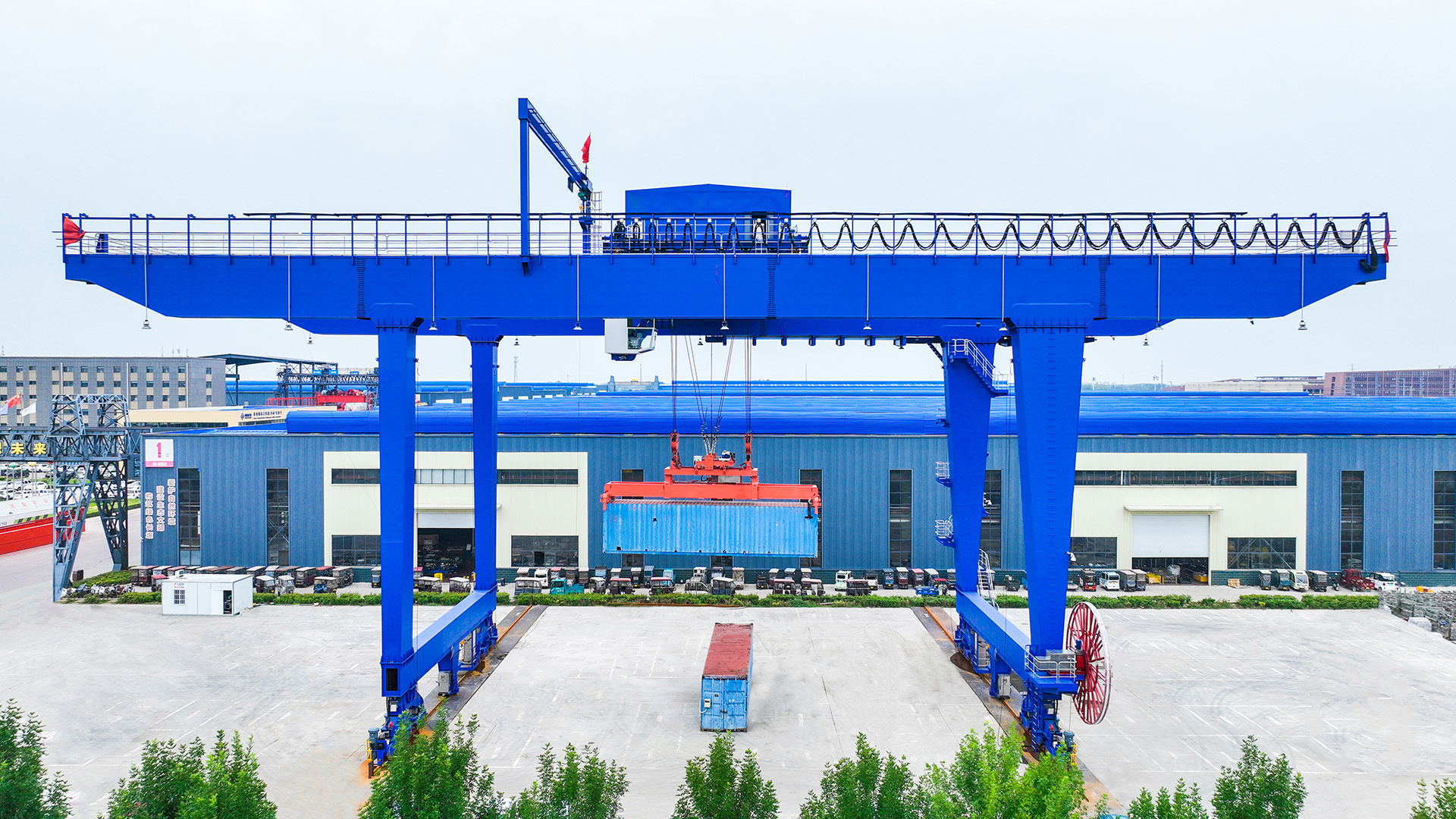
Henan Mine Crane is a top company in China's crane industry. They've been doing crane R&D, manufacturing, and service for over 20 years. We've got full-series special equipment certifications and we're running 30+ service stations nationwide, with 24/7 response. We're serving over 100,000 enterprise clients. If you're looking for a crane supplier, feel free to get in touch at any time for a free "Operating Condition Analysis + Customized Solution." This will help you avoid common selection pitfalls and choose the crane equipment that truly fits your needs.
